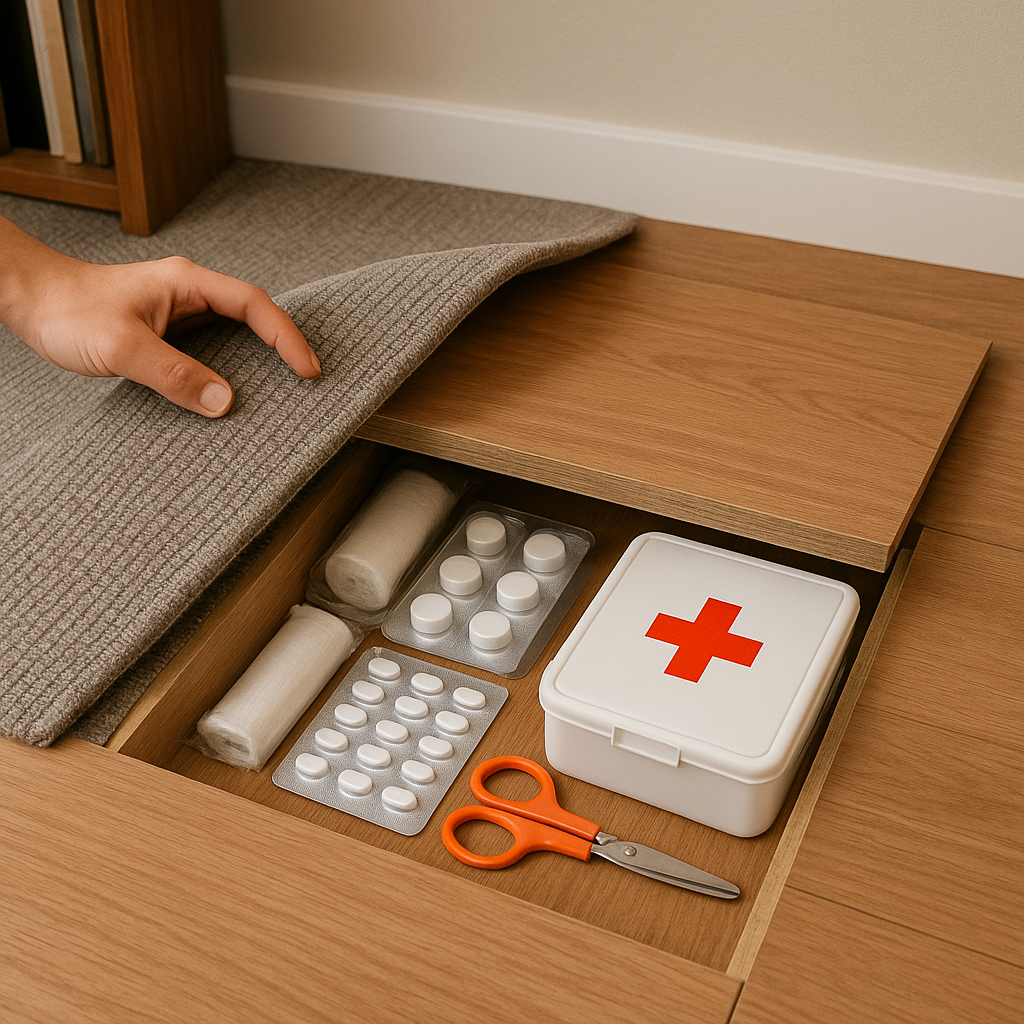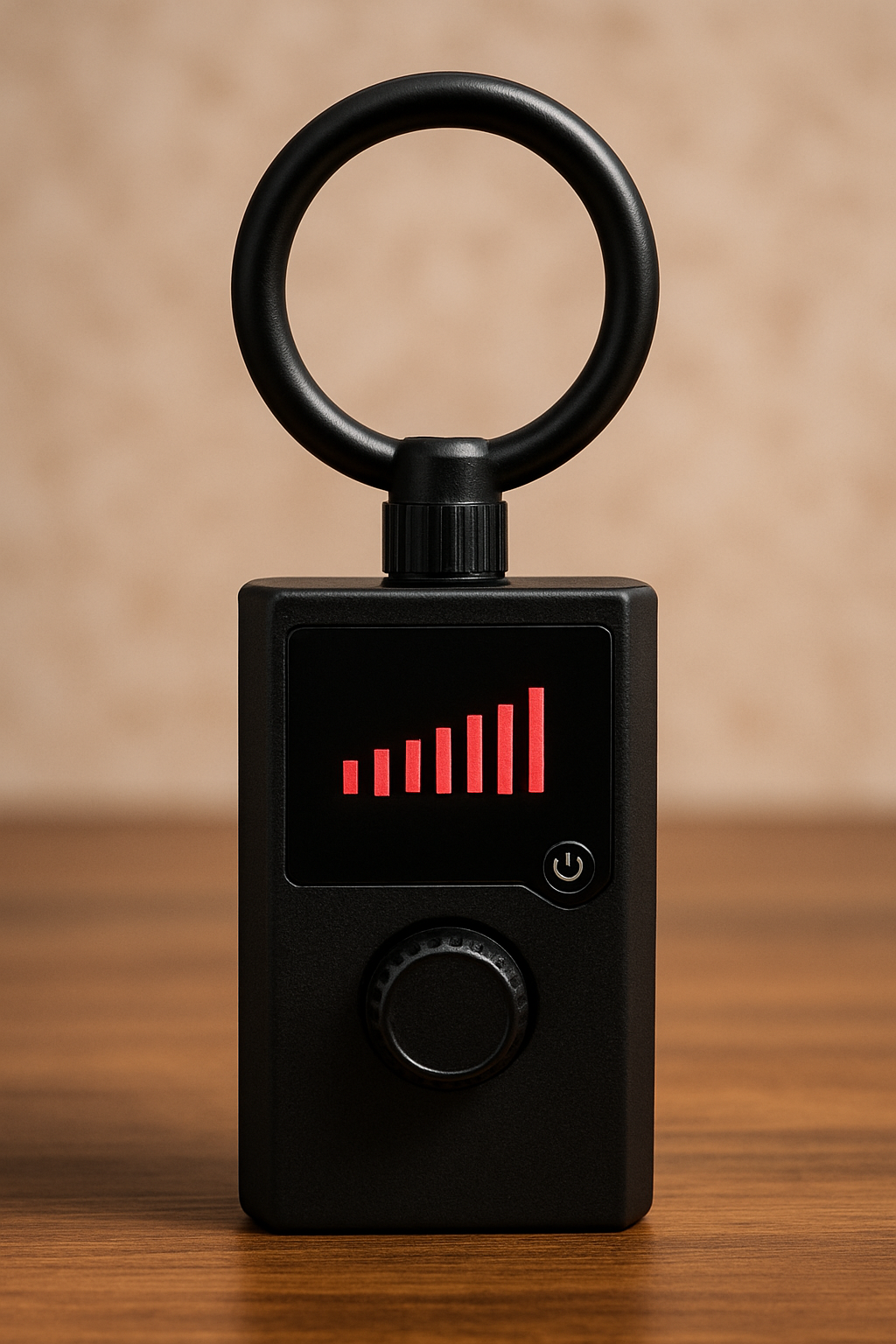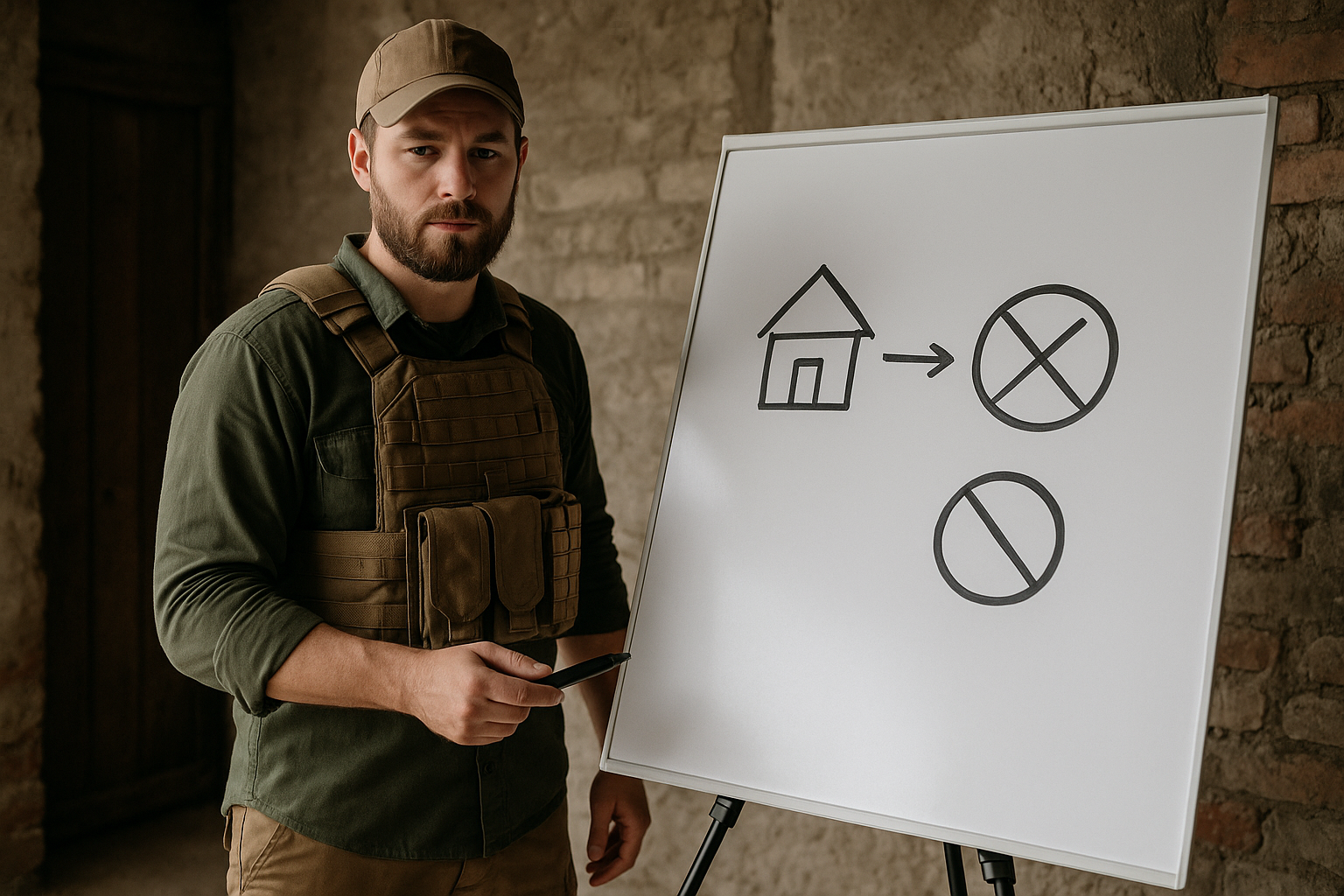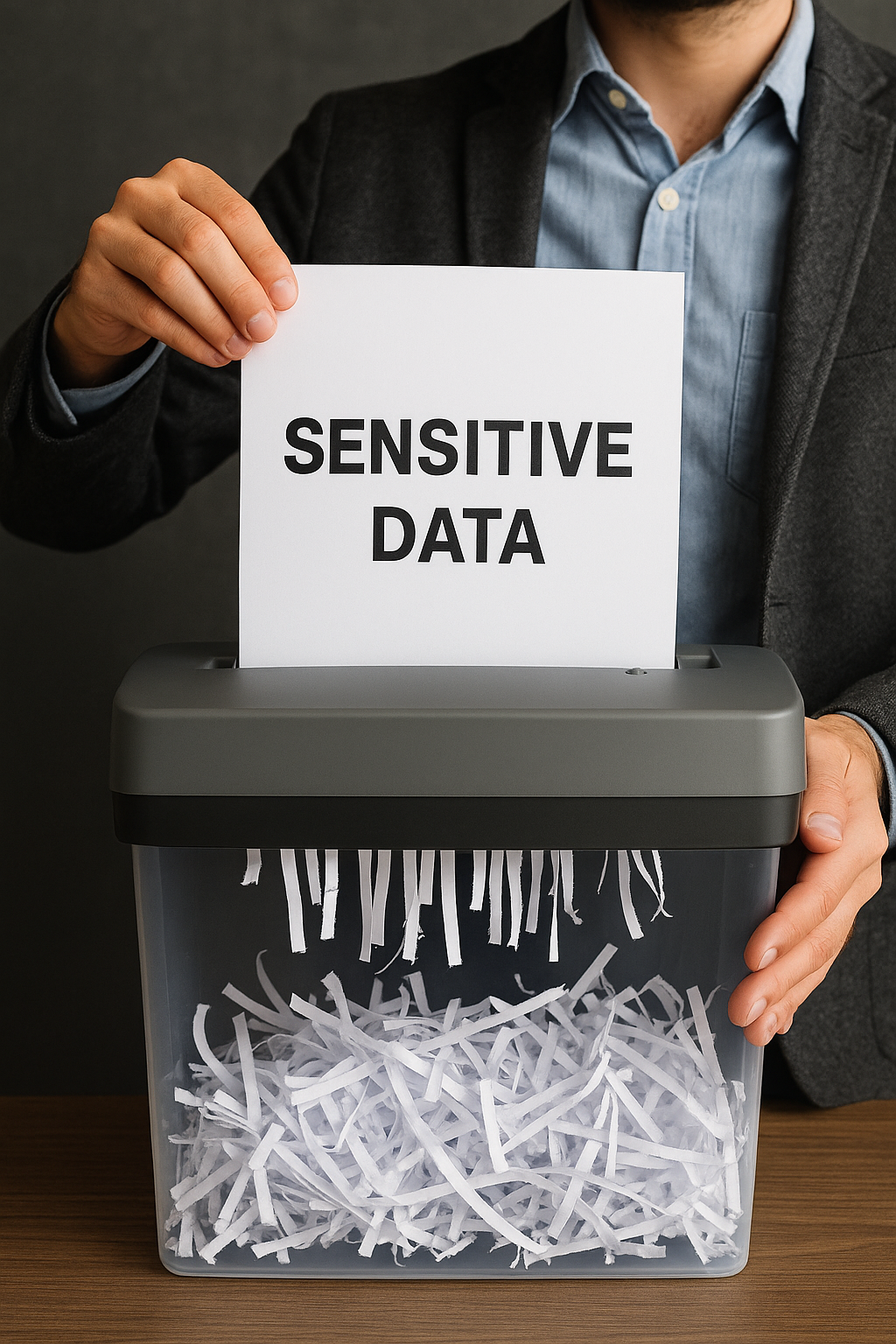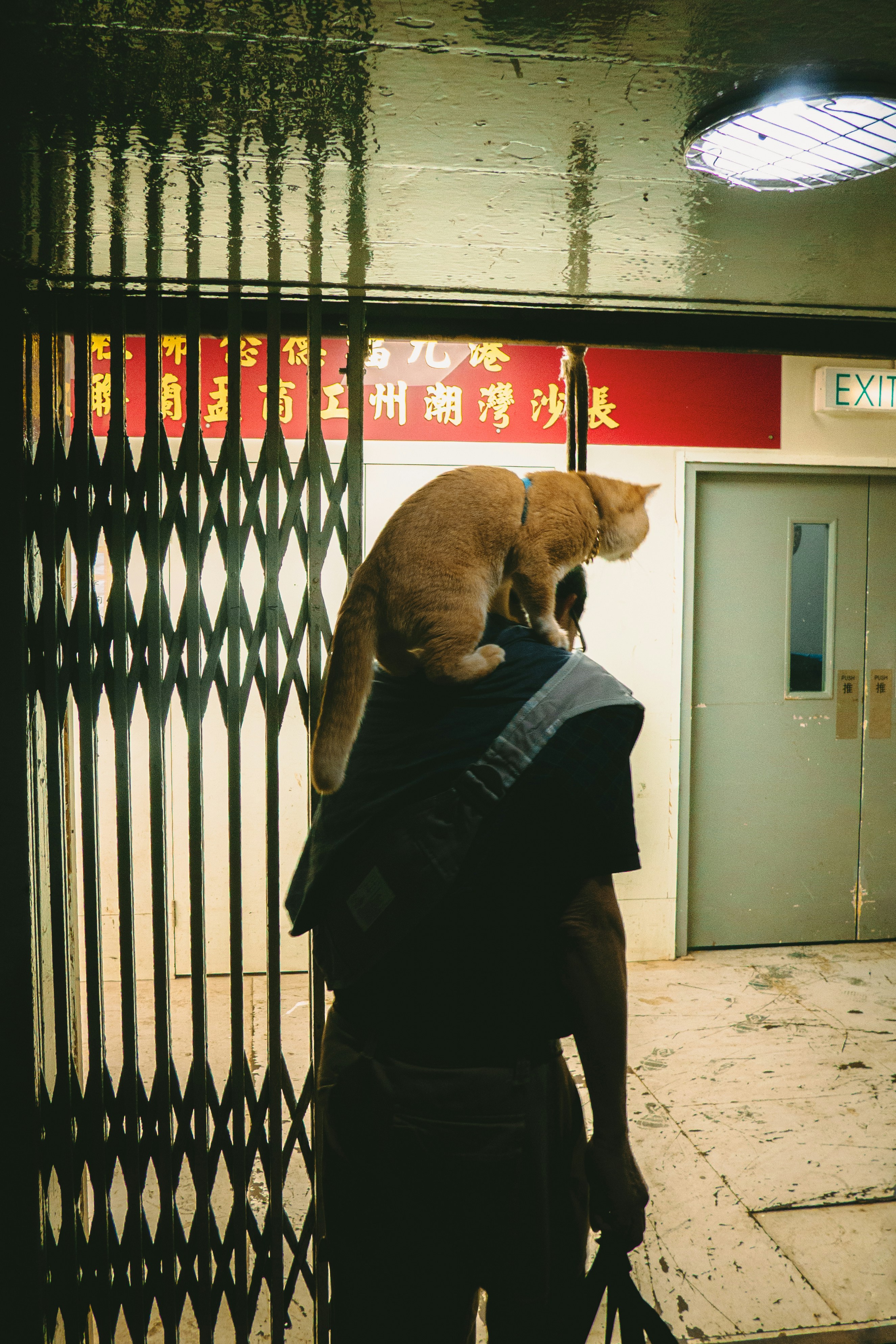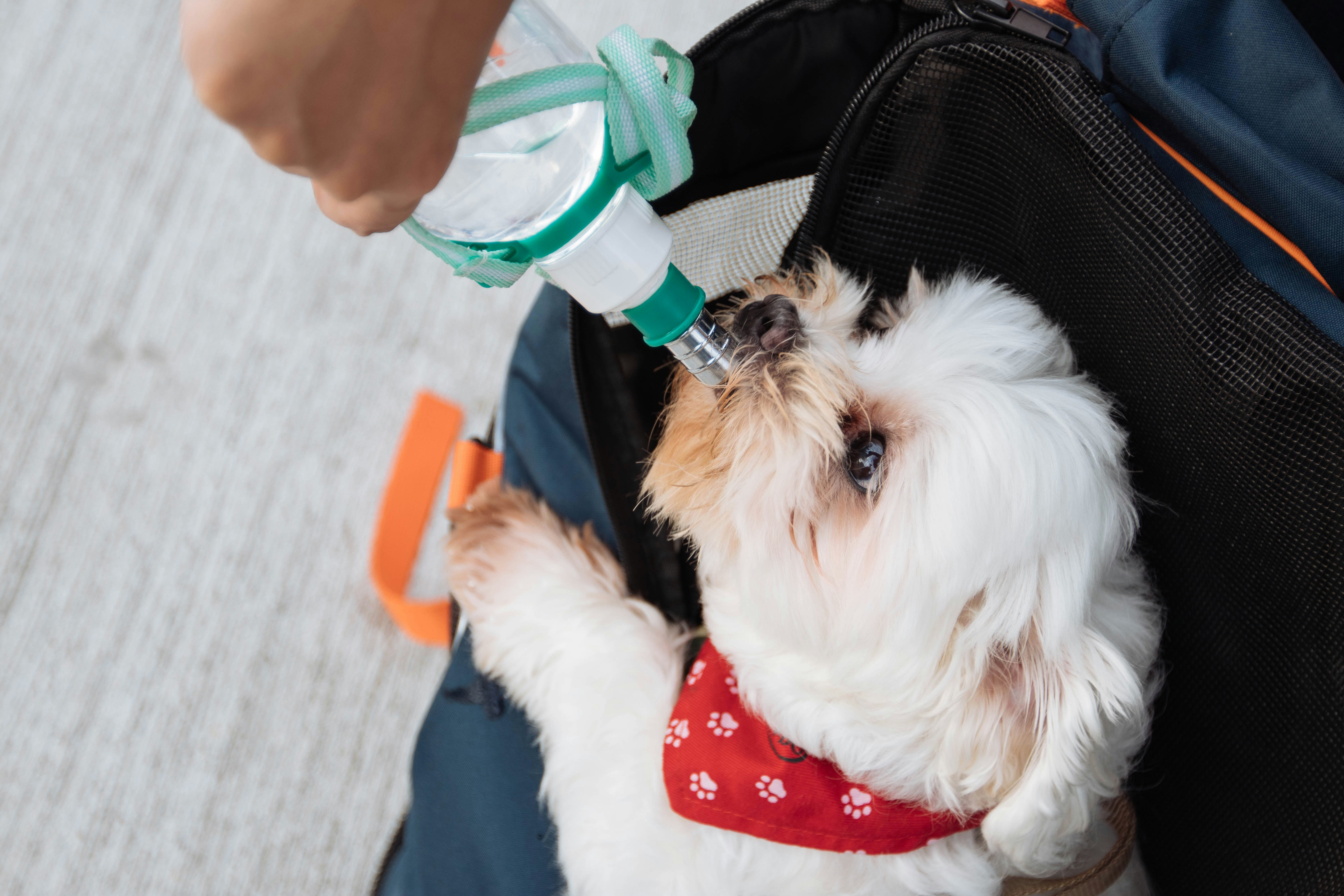When a disaster strikes, it’s not just humans that are affected; our pets can also be at risk. As a responsible pet owner, it’s crucial to include your pets in your emergency preparedness plans. Taking the time to think about their needs and what actions you will take can make a significant difference for your furry, scaly, or feathered friends during a crisis.
1. Create a Pet Emergency Kit
Just as you need an emergency kit for yourself, you should also have one ready for your pets. Here’s what to include in a basic pet emergency kit:
- Food and Water: Keep at least a 3-day supply of pet food and water in an airtight, waterproof container.
- Medications and Medical Records: Store medications and copies of your pet’s medical records in a waterproof container.
- Collar with ID Tag and Harness or Leash: Your pet should always wear a collar with its identification and have a harness or leash on hand.
- Crate or Pet Carrier: In case of evacuation, have a secure and comfortable crate or carrier ready for transport.
- Sanitation Supplies: Include pet litter, newspapers, paper towels, plastic trash bags, and household chlorine bleach for sanitation.
- A Picture of You and Your Pet Together: In case you are separated, a picture will help you prove ownership and allow others to assist in identifying your pet.
- Familiar Items: Add favorites like toys, treats, or bedding to reduce stress.
2. Plan for Evacuation
Know where you can take your pet in case you need to evacuate. Not all emergency shelters accept pets, so plan accordingly:
- Research pet-friendly hotels and motels outside of your immediate area.
- Identify boarding facilities or animal hospitals near your evacuation site.
- Develop a buddy system with neighbors, friends, or relatives to ensure someone is available to care for or evacuate your pets if you are unable to do so.
3. Keep Your Pets Up-to-Date on Vaccinations
In the event that your pet needs to stay in a shelter or boarding facility, up-to-date vaccinations are often required. Keep a copy of your pet’s vaccination records in your pet emergency kit.
4. Identification
Ensure your pet can be identified if it gets lost during a disaster:
- Microchip your pets and keep the registration information up-to-date.
- Have a current photo on hand for identification purposes.
- Make sure your pet’s tags have your most recent contact information.
5. Practice Evacuating and Sheltering
Practice loading your pets into a carrier and driving to a safe location. This will help reduce stress during a real evacuation. Also, try out sheltering at home:
- Designate a safe area of your home where you can all stay together.
- Familiarize your pets with this area and include their emergency supplies.
6. Consider Your Pet’s Emotional Well-being
Like humans, pets can become stressed when their routine is disrupted:
- Try to keep their routine as normal as possible by feeding them and walking them at the usual times.
- Comfort them with petting, brushing, or playing.
- Be aware of signs of stress, such as pacing, trembling, or excessive vocalization, and try to alleviate these behaviors.
7. Keep Pets Indoors
When you hear about an impending disaster, bring pets indoors immediately. Animals can sense weather changes and may become frightened and run away.
8. Be Aware of Potential Hazards
After a disaster, be cautious about allowing pets roam outdoors as there could be numerous hazards, including:
- Debris that could cause injuries
- Displaced wild animals
- Contaminated water sources
- Downed power lines
Disasters can be overwhelming, but by preparing ahead of time, you can help ensure the safety and comfort of your pets. By including them in your emergency preparedness plan, you’re not just protecting them, you’re also helping the entire family cope better during stressful situations. Remember, if it’s not safe for you, it’s not safe for your pets. Always include them in your evacuation plan.
